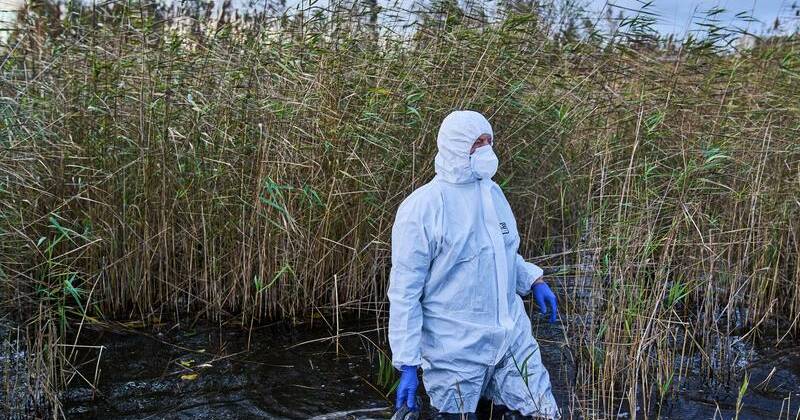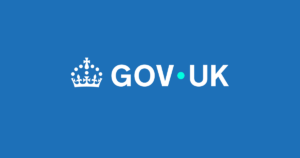
The United Kingdom has announced a mandatory housing measure for birds across England, effective Thursday, in an urgent attempt to curb the rapid spread of avian influenza. This decision comes as Europe faces its most significant outbreak in over a decade, with numerous countries reporting early cases, sparking fears of a recurrence of past crises that saw the mass culling of birds and subsequent spikes in food prices.
On Monday, two new outbreaks were confirmed at commercial poultry farms, one in North Yorkshire and another in Devon, alongside a third incident involving captive birds in East Sussex. These cases contribute to the 23 outbreaks recorded in the UK for the 2025/26 season, which commenced on October 1, with 19 incidents occurring in England alone.
Understanding the Current Crisis
The current avian flu situation in Europe is alarming, with the highest number of early outbreaks reported in recent memory. The disease’s rapid spread has prompted authorities to take swift action to prevent a repeat of past events where millions of birds were culled, causing significant economic and food supply disruptions.
While the mandatory housing order applies broadly, keepers of fewer than 50 birds are exempt, provided their poultry products are for personal use. This exemption aims to balance disease control with the needs of small-scale bird keepers.
Human Health Implications
Despite the severity of the outbreak among birds, the risk to human health remains low. The World Health Organization (WHO) has indicated that most human infections have occurred in individuals who had close contact with infected animals. However, the organization stresses the importance of vigilance as the virus shows signs of spreading to mammals, which could pose new threats.
“The risk of bird flu for humans remains low, but the virus needs to be monitored as it increasingly spreads to mammals,” the World Health Organization warns.
Historical Context and Expert Opinions
This isn’t the first time Europe has grappled with a significant avian flu outbreak. Past incidents have led to drastic measures, including extensive culling operations and import restrictions, which have had far-reaching economic impacts. Experts emphasize the importance of early intervention and strict biosecurity measures to prevent similar outcomes.
Dr. Emily Carter, an avian disease specialist, notes, “The key to managing avian flu outbreaks lies in rapid response and stringent biosecurity protocols. The current housing measure is a critical step in containing the virus.”
Economic and Agricultural Impact
The agricultural sector is bracing for potential repercussions, as past outbreaks have led to increased costs and shortages in poultry products. The mandatory housing order aims to mitigate these risks by reducing the likelihood of further outbreaks and the need for culling.
By the Numbers: In previous outbreaks, tens of millions of birds were culled, leading to a 20% increase in poultry prices across Europe.
Looking Ahead: Next Steps and Consequences
The UK government is closely monitoring the situation and is prepared to adjust measures as necessary to protect both public health and the agricultural economy. Ongoing surveillance and cooperation with international health organizations will be crucial in managing the spread of avian flu.
As the situation develops, authorities urge bird keepers to adhere strictly to the housing requirements and report any signs of illness in their flocks promptly. The collective effort of government, experts, and the public will be essential in navigating this challenging period.
Meanwhile, consumers are advised to stay informed about the situation and understand that these measures, although disruptive, are in place to ensure long-term stability and safety in the food supply chain.






